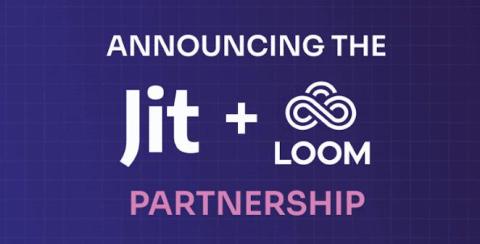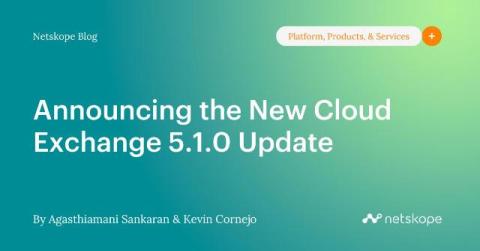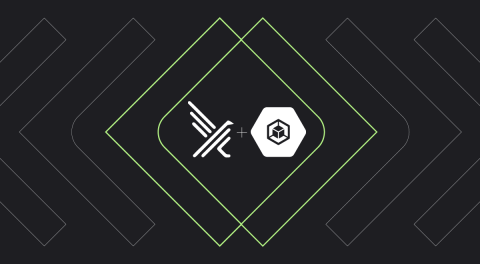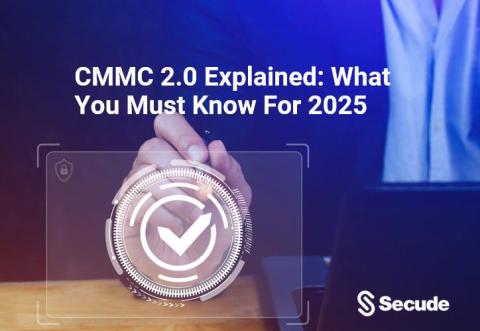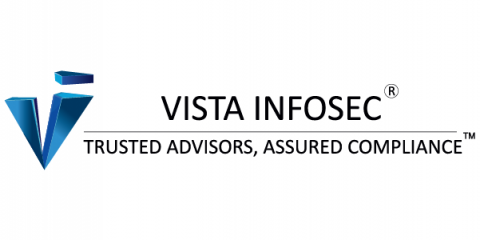Trustwave Strengthens Partnership with Microsoft to Enhance Cybersecurity in APAC
Trustwave has further solidified its partnership with Microsoft by achieving Microsoft FastTrack Ready partner status for Microsoft 365 and being named a Microsoft Verified Managed Extended Detection and Response (MXDR) solution provider for the Asia Pacific (APAC) region. This recognition underscores Trustwave's commitment to empowering organizations across Australia and the wider APAC region with advanced cybersecurity solutions.



